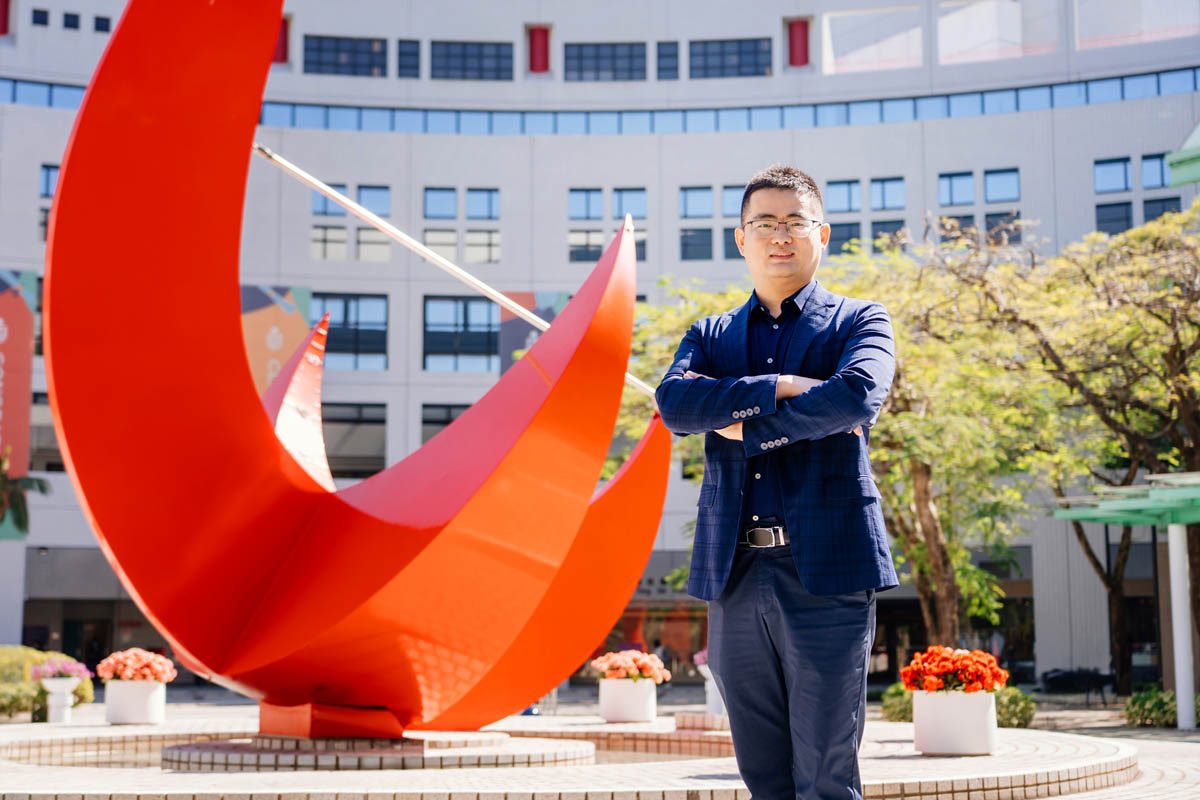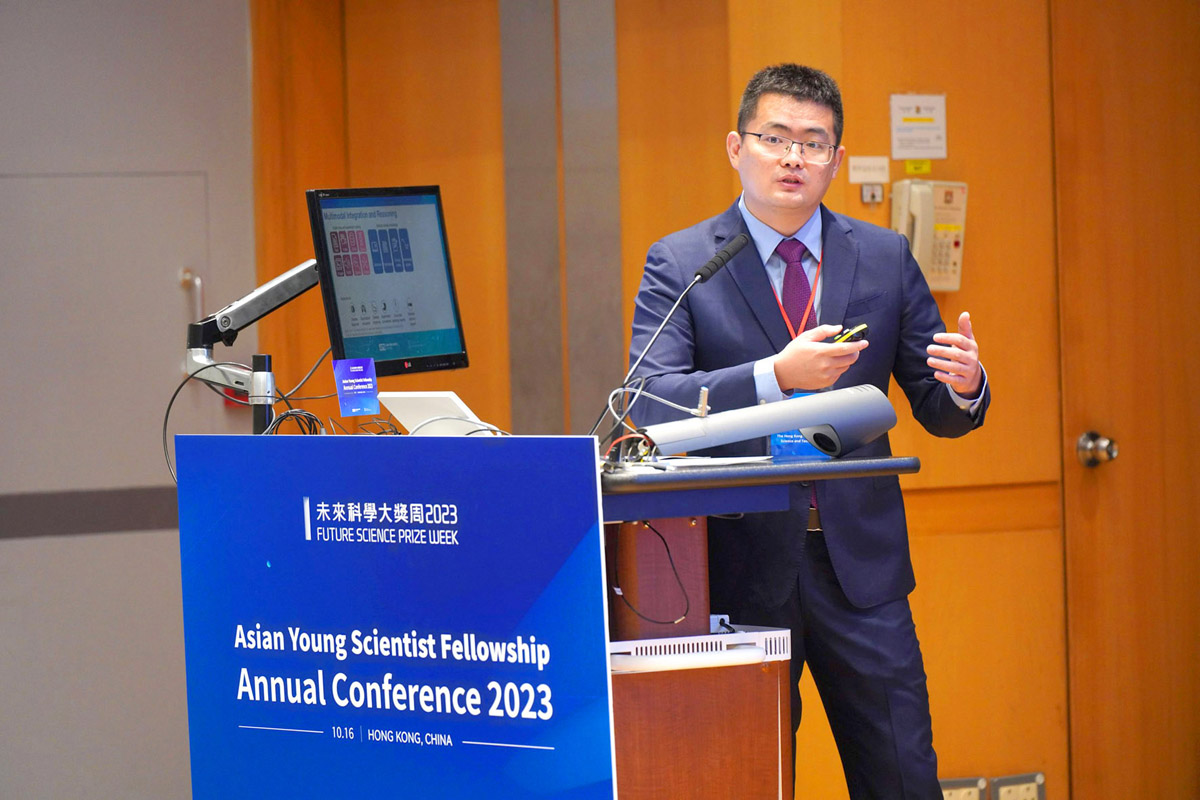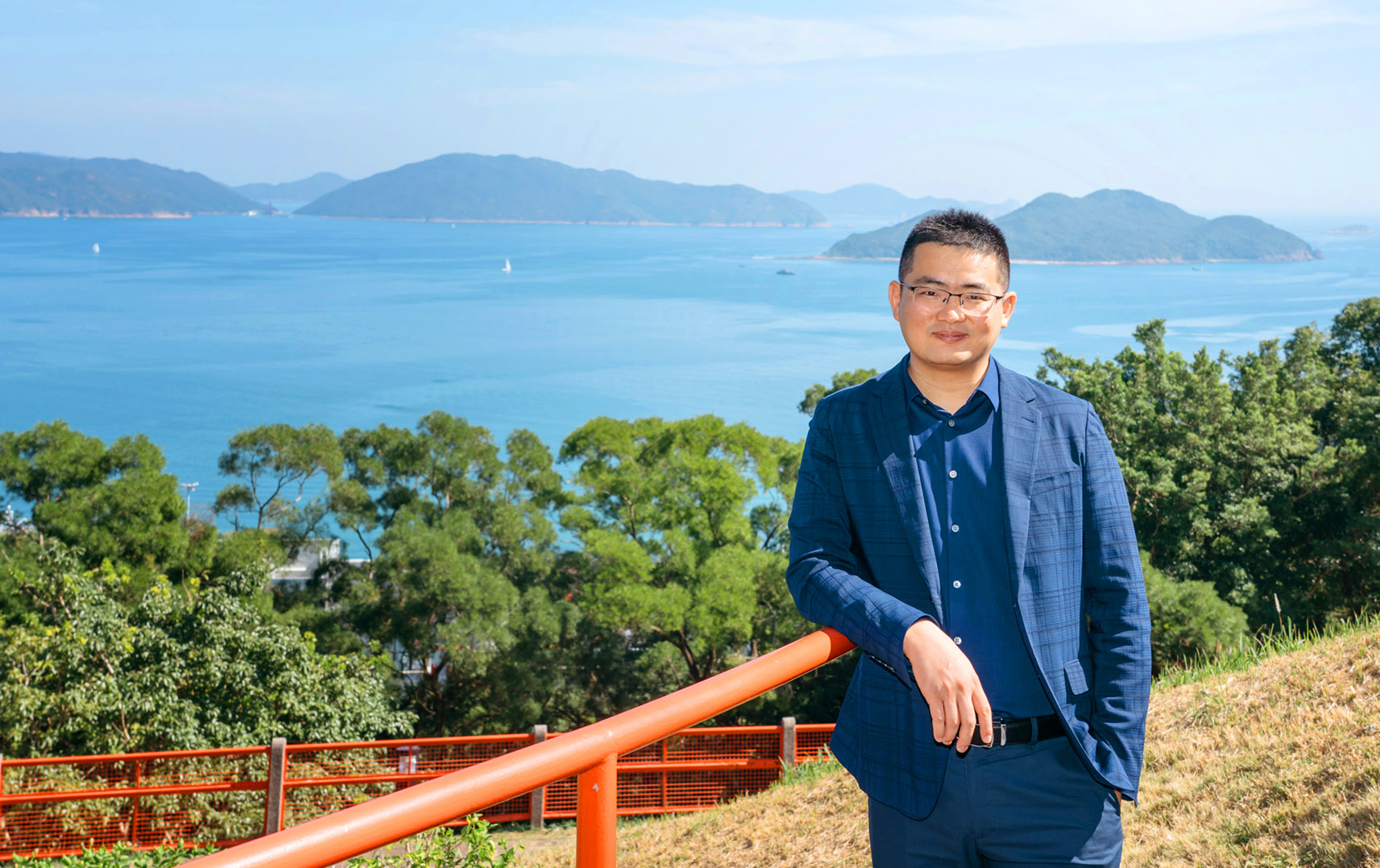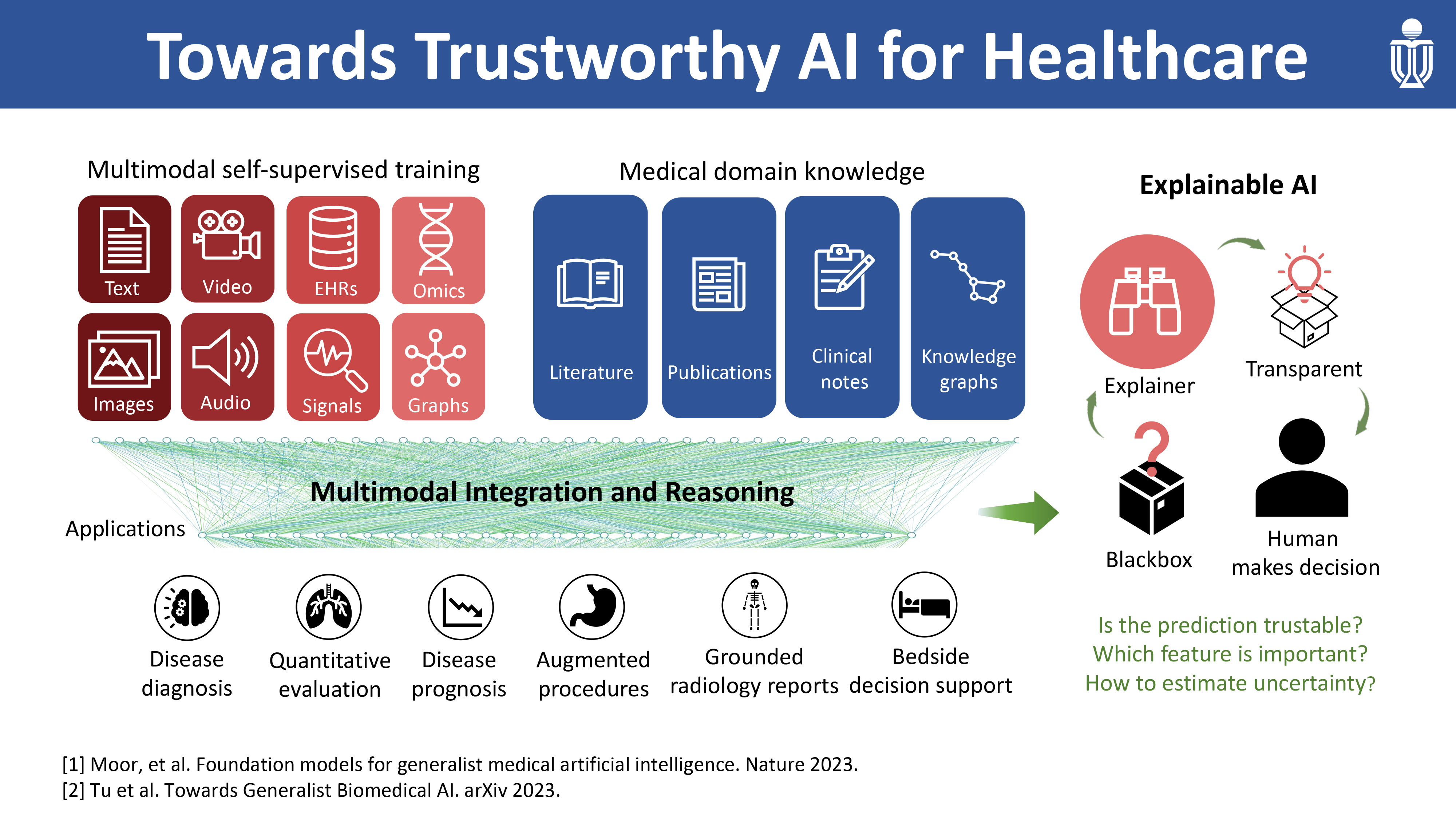

Prof. Hao Chen, Assistant Professor at the Department of Computer Science and Engineering (CSE) is on a mission to prove AI has strong worth within the medical industry and is showing with his work how paradigms are shifting.
It’s a nightmare scenario – you have been diagnosed with a rare illness and the doctors are unsure of how to deal with it. The treatments offered may or may not work. Your fate is suddenly aligned with luck. For Prof. Hao Chen, this type of situation will hopefully become a thing of the past. The professor, who has been working on medical image analysis, artificial intelligence, machine learning and computer vision for more than a decade, is proving every day with this work that the AI revolution will radically alter treatment for patients and save lives. “AI will not replace doctors – but doctors with AI will replace doctors without AI,” says Prof. Chen.
From Deep Learning to Public Consciousness
While deep learning has been around for about a decade, programs like ChatGPT are just coming into the public consciousness. The timing means Prof. Chen’s interests are all coming together at the right time. Having been featured in 100 peer-reviewed publications including Lancet Digital Health, and Nature Machine Intelligence, and received numerous accolades, we can expect to see much more from this young scientist. Prior to HKUST, Prof. Chen obtained a Hong Kong PhD Fellowship in 2013 and received his PhD degree from The Chinese University of Hong Kong (CUHK) in 2017, becoming a postdoctoral research fellow at CUHK and acting as a visiting scholar at Utrecht University Medical Center.
The inaugural recipient of the Asian Young Scientist Fellowship 2023, Prof. Chen now leads HKUST’s Smart Lab that focuses on trustworthy AI in healthcare and is Associate Director in the HKUST Center for Medical Imaging and Analysis. “I love HKUST because it is very young and full of possibilities, and when I joined I received so much support from different schools and professors here. Around the same time my son was born so I believe this was all the good luck coming to me at one time,” Prof. Chen says. While HKUST is still seeking approval from the government to establish a medical school, Prof. Chen can leverage his connections with doctors around Asia to make sure the research has lasting impact. What is certain, is AI will have an increasing role in the medical industry – and for the better.

AI as a Tool to Change the World
There has been much of a furore over artificial intelligence, with many saying that it threatens jobs and futures. For Prof. Chen, artificial intelligence is nothing but a very powerful tool for the medical community to use, allowing people to cure illness and build a new future. “Humans are subjective, they have their emotions, and AI can offer analysis on a level that humans cannot. But AI cannot guide a patient like humans, so this is a collaboration that will improve accuracy and quality of treatment,” says Prof. Chen.
AI can help advance precise medicine, such as treatments. Many treatments for sick people are cookie-cutter, meaning they are done without an understanding of personalization. This leads to many poor outcomes for patients. “Take chemotherapy as an example, it can cause nausea, loss of hair and weight, yet what is worse, it might not be effective in some circumstances, and you suffer for no reason. But if you have multimodal data, such as genomics and family records, all this information analyzed by AI, can offer patients safer, faster, and better outcomes, while allowing doctors to see the invisible, and deliver accurate and quantitative results that support decisions and minimize risks,” says Prof. Chen.

A Weapon Against Illness
Not only can this help for diseases like breast cancer, but also Alzheimer’s or even within the dental field. As the technology improves, the confidence of both doctors and patients will ultimately be enhanced and the accuracy and home self-help tools will improve. Is it possible that in the future we will be able to receive accurate, reliable, and effective home treatment for diseases? “We are still in the beginning phase of AI, and there are many things to iron out like regulations and data ownership. Once these are overcome, we can expect real outcomes from a holistic perspective.”
For Prof. Chen, HKUST is the perfect base to conduct research. “One of the best things about being here is the sea and mountain view, which offers a wonderful environment. My son loves it as well, and this puts me in a great mood to do research. On a more serious level, the faculty and staff are excellent, and as a result we attract fantastic students. For example, we have undergraduate students that publish papers, which is fantastic. On all levels, the University is creating world-changing research, and this is why we are all here.”
As AI continues its development, we expect Prof. Chen to be making headlines and helping doctors save lives.

